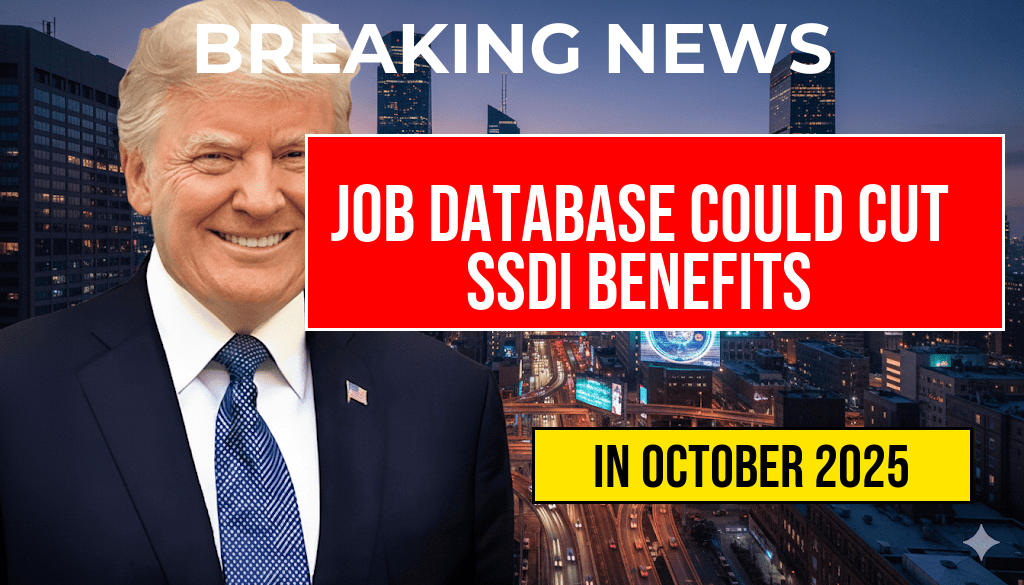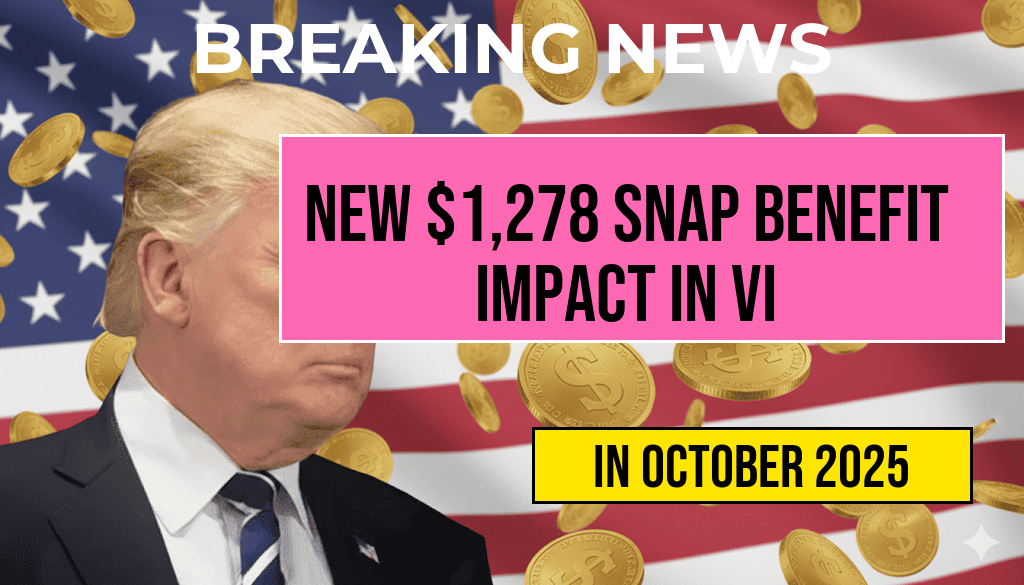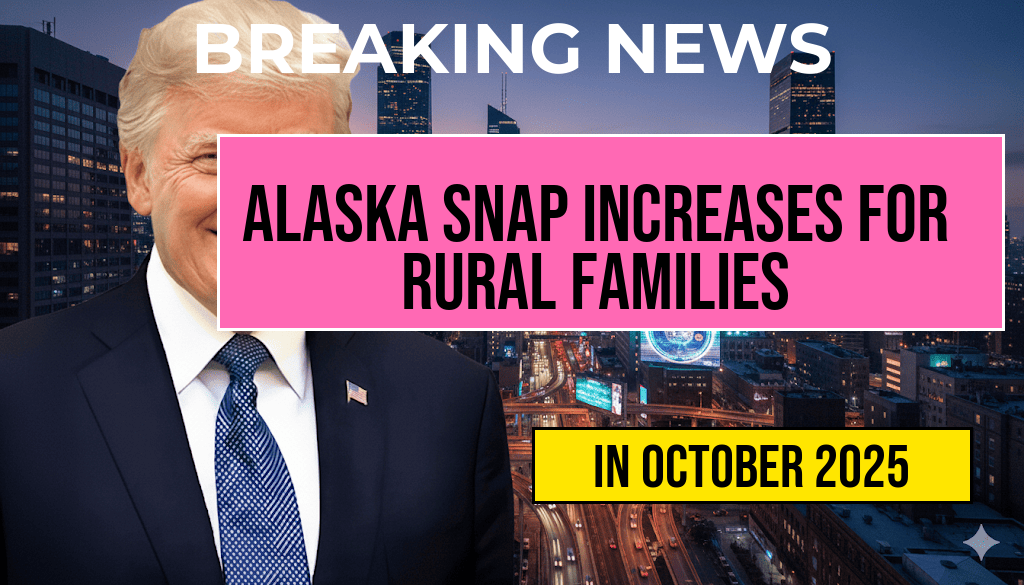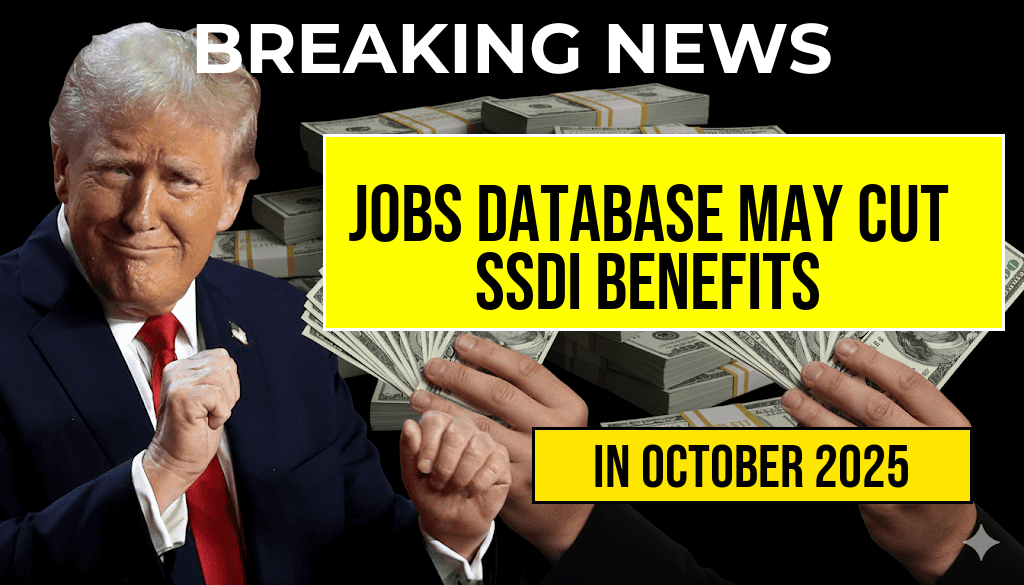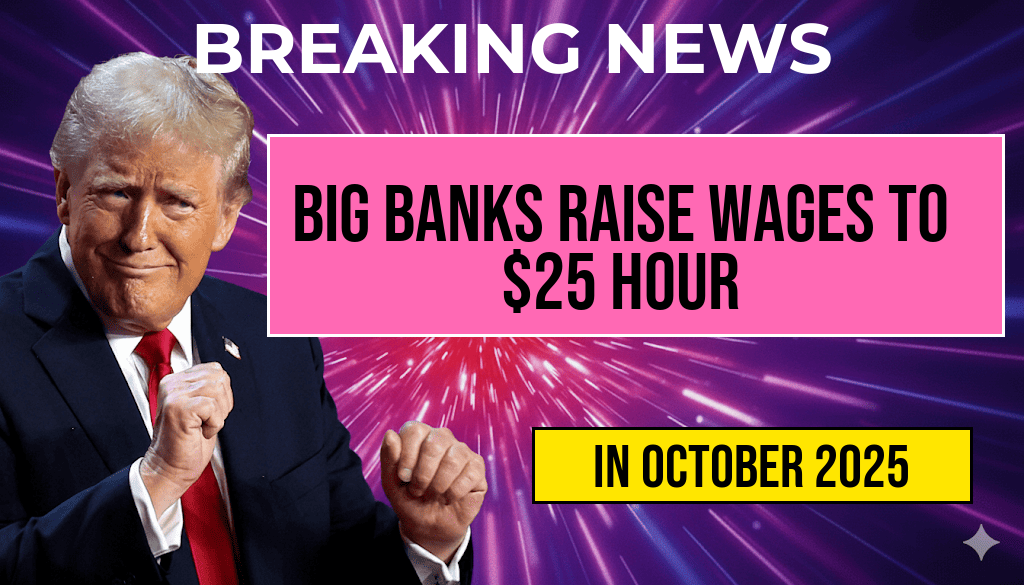Washington, D.C. is grappling with a staggering $1 billion budget shortfall that has prompted city officials to explore various solutions to balance the fiscal scales. Among the proposals gaining traction is the reversal of the city’s tip credit system, which many believe could significantly impact the earnings of tipped workers in the service industry. Currently, the minimum wage for tipped employees stands at $10 per hour, a figure that has sparked debate about its sustainability in light of the city’s budgetary challenges. As discussions unfold, stakeholders are weighing the potential implications of these changes on both workers and local businesses.
Understanding the Tip Credit System
The tip credit allows employers to pay tipped workers a base wage lower than the standard minimum wage, with the expectation that tips will make up the difference. In D.C., this credit allows employers to pay tipped workers as little as $5.35 per hour, provided that their total earnings—including tips—meet or exceed the standard minimum wage of $16.10 per hour. This system, although beneficial for some workers, has come under scrutiny as advocates argue that it perpetuates income instability and inequity in the workforce.
Implications of Reversing the Tip Credit
Reversing the tip credit could lead to a significant shift in how tipped workers are compensated. If the city abolishes the tip credit, employers would be required to pay the full minimum wage, potentially raising the base pay for many in the service industry. However, this move is not without its challenges and critics.
Potential Benefits
- Increased Earnings: Many workers could see a rise in their guaranteed pay, providing them with more financial stability.
- Reduced Income Disparity: Eliminating the tip credit could help level the playing field for service workers, particularly for those in establishments where tips are inconsistent or lower than expected.
- Enhanced Worker Rights: Advocates argue that this change could lead to better working conditions and a more equitable wage structure.
Challenges Ahead
- Impact on Small Businesses: Restaurant owners and small business advocates warn that increased labor costs could lead to higher menu prices, reduced hiring, or even closures.
- Job Losses: Critics fear that a significant wage increase could drive some businesses to cut jobs or reduce hours for employees to offset the financial burden.
- Shift in Tipping Culture: There are concerns that customers may tip less if the base wage is raised, potentially negating the benefits of higher hourly wages.
City Council’s Position
The D.C. City Council is currently in discussions regarding the proposed reversal of the tip credit. Some council members have expressed support for increased wages for service workers, citing the high cost of living in the city. However, others caution against hasty decisions that could have unintended consequences for the local economy.
Economic Context
The projected $1 billion budget shortfall arises from various factors, including declining tax revenues and increased spending demands. As city officials scramble to address the deficit, balancing the needs of workers with the realities of the business environment remains a complex challenge. The debate surrounding the tip credit is emblematic of larger discussions about wage equity and economic sustainability in urban areas.
Community Reactions
Reactions from the community have been mixed, with service workers largely in favor of potential wage increases but business owners voicing concerns about the financial implications. A recent survey indicated that approximately 65% of tipped workers would support a move to eliminate the tip credit, while many restaurateurs fear that it could lead to adverse effects on their operations.
Conclusion
As Washington D.C. navigates its significant budget challenges, the potential reversal of the tip credit presents both opportunities and risks. The outcome of these discussions will not only affect the livelihoods of thousands of service workers but could also reshape the economic landscape of the city. Stakeholders are urged to consider the long-term implications of any changes to the current wage structure, ensuring that the solutions implemented are equitable and sustainable for all parties involved.
For further information on this topic, visit Wikipedia: Washington, D.C. and Forbes: Navigating Budget Shortfalls.
Frequently Asked Questions
What is the current budget shortfall facing DC?
The District of Columbia is experiencing a $1 billion budget shortfall, raising concerns about funding for essential services and programs.
How does the proposed reversal of the tip credit relate to the budget shortfall?
The reversal of the tip credit is being suggested as a potential solution to address the budget shortfall, as it could increase revenue through higher wages for tipped workers.
What would a $10 tipped minimum wage mean for workers in DC?
Implementing a $10 tipped minimum wage would ensure that tipped workers earn a baseline income, which could improve their financial stability and reduce reliance on tips.
What are the potential implications of this policy change?
The policy change could lead to increased labor costs for businesses, potential price increases for consumers, and a significant impact on the overall restaurant industry in DC.
How might this budget shortfall affect city services and programs?
If the budget shortfall is not addressed, it could result in cuts to essential city services and programs, affecting residents’ quality of life and access to necessary resources.


